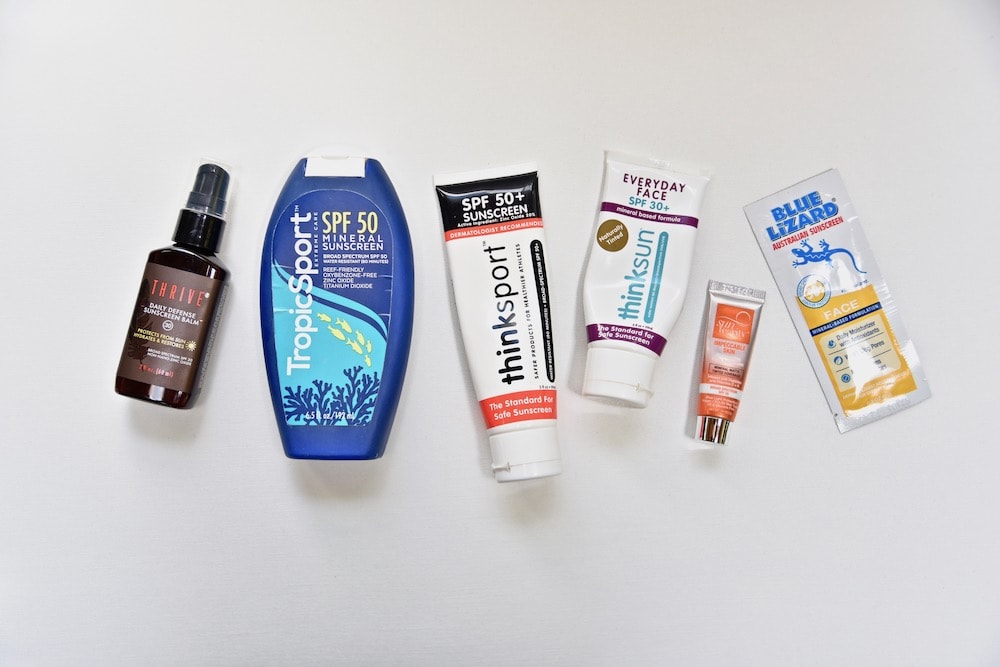


(To be extra diligent, you can also browse sunscreen brand websites to see if they provide intel on how they specifically go about defining "reef-friendly.")
#Best reef safe sunscreen how to
The #1 Way to Help Your Skin Look Younger, According to a Dermatologist How to Choose the Best Reef-Safe Sunscreensīecause the term "reef-friendly" isn't regulated, and there's no clear definition of the term being used among manufacturers, it's important to read the label yourself to make sure the sunscreen you're considering doesn't include reef-harming ingredients. While the loss of coral reefs is multifactorial and can't be attributed to chemical sunscreens alone, it's one aspect we can easily do something about by making the switch to reef-friendly sunscreens. Once their life cycles are disrupted, coral reefs are no longer able to sustain themselves and slowly start to die off, noted by loss of color, according to the National Oceanic and Atmospheric Administration (NOAA). "The current theory is these sunscreens, with ingredients like oxybenzone and octinoxate, wash off in the water and settle into the coral reefs, thus affecting reef reproduction." "Coral reefs are dying at an alarmingly accelerated rate, and some environmentalists are concerned that sunscreen ingredients, particularly from chemical sunscreens, are contributing to coral reef bleaching," says Susan Massick, M.D., associate clinical professor of dermatology at The Ohio State University Wexner Medical Center. They're also a source of food and new medicines, not to mention they protect coastlines from storms and erosion by shielding the shoreline from waves, per the California Academy of Sciences. Depending on the type you slather on, however, your go-to sunscreen may be protecting your skin at the expense of coral reefs-one of the most valuable ecosystems on earth.Īccording to the US Environmental Protection Agency (EPA), an estimated 25% of all marine life depends on coral reefs for survival. And it's no secret that sunscreen plays an important role in protecting your skin from those UV rays. It's well-known that overexposure to UV rays can cause premature skin aging and increase your risk of skin cancer.


 0 kommentar(er)
0 kommentar(er)
